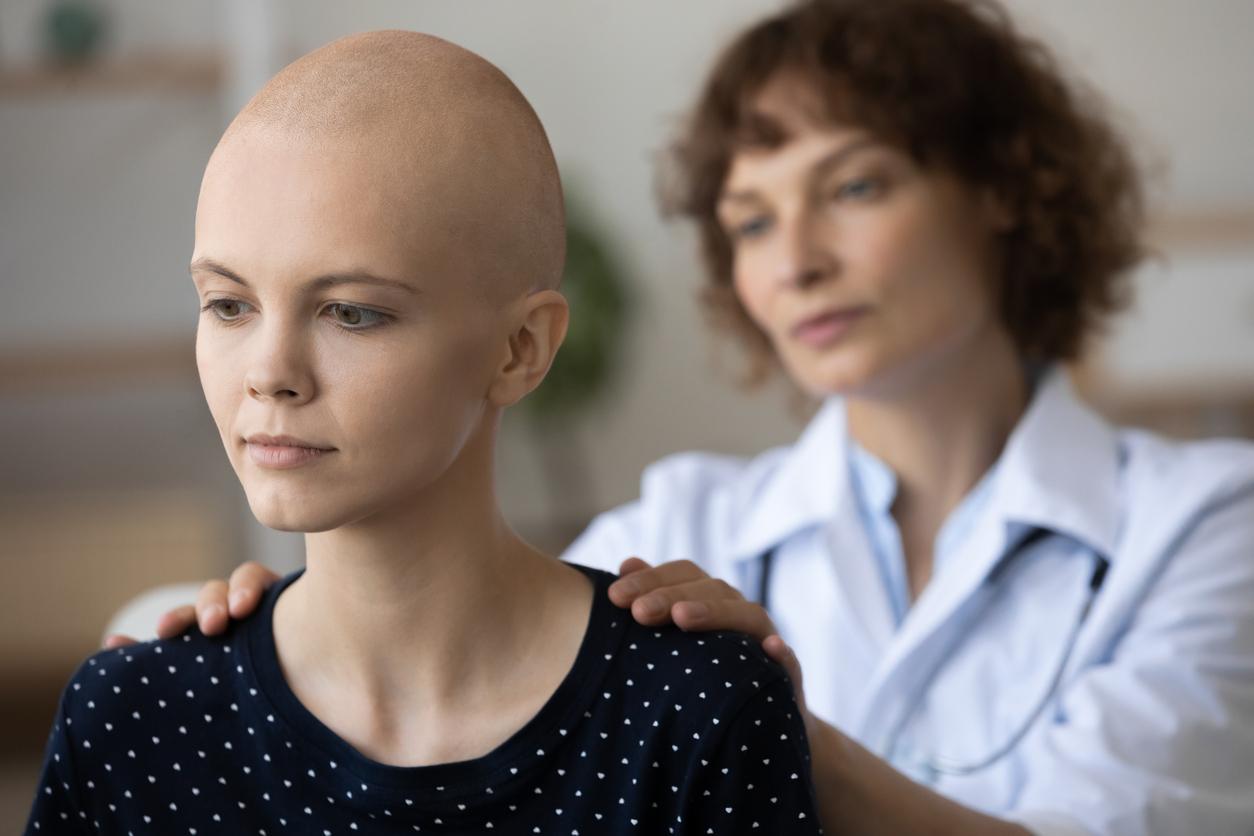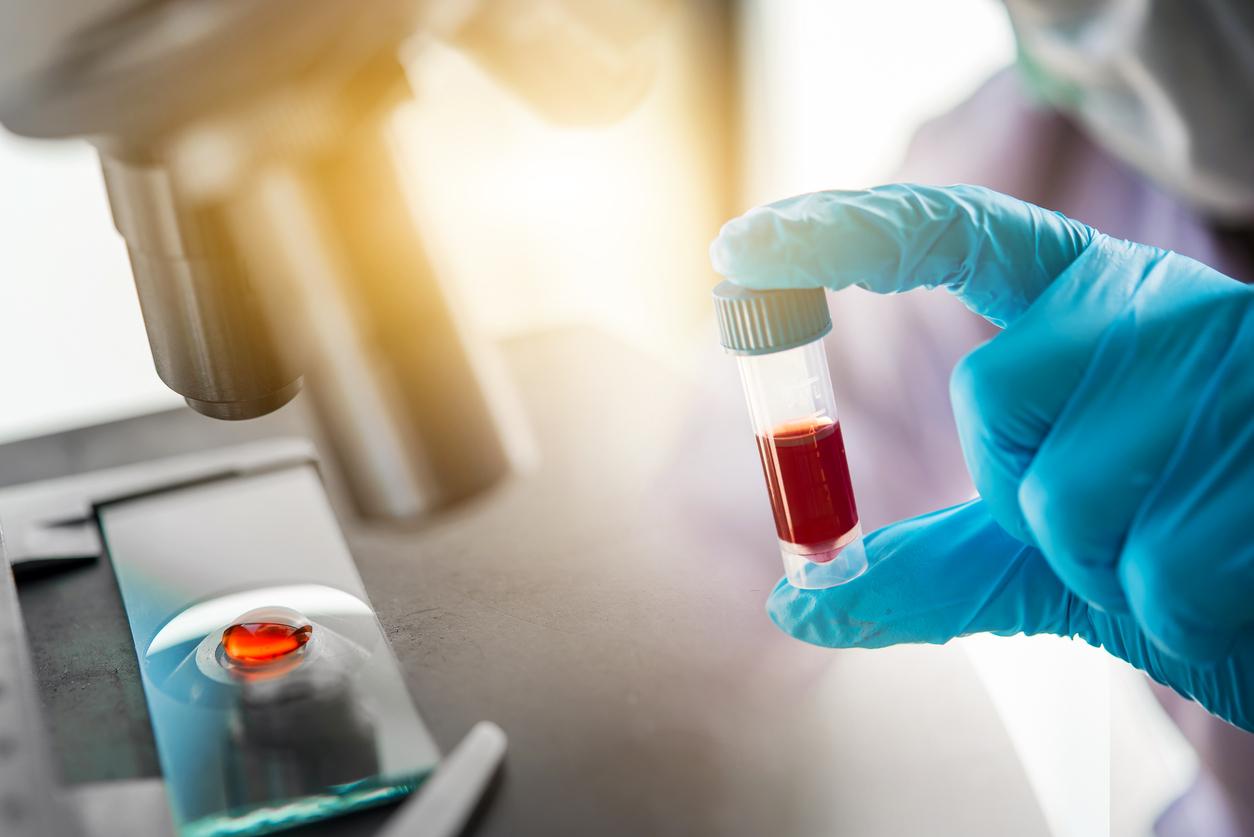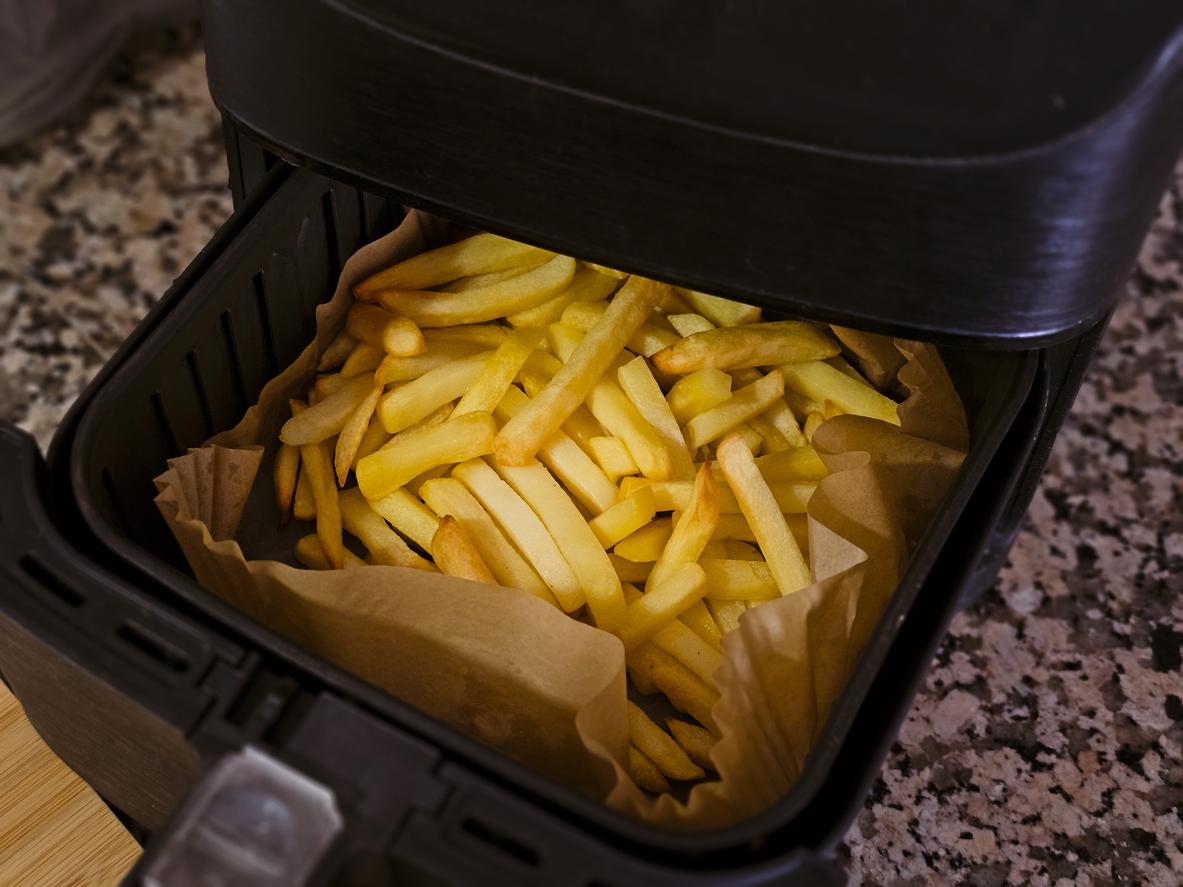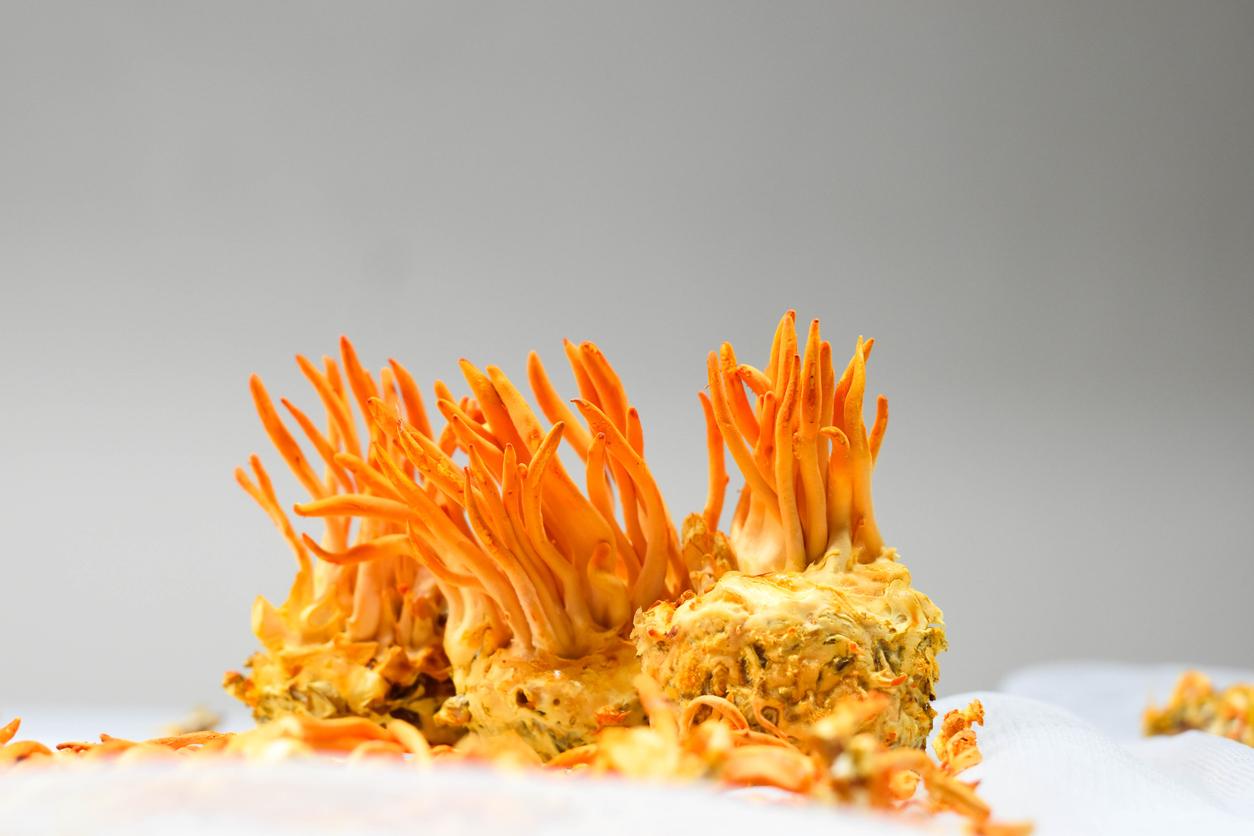Cancer cells have at least one thing in common with all other cells: they need food. The idea therefore germinated in the heads of researchers at Duke University in the United States to starve them in order to fight them. And as they do not necessarily have the same “diet” as healthy cells, the challenge is to find which nutrients are essential for them and then deprive them of them.
Scientists focused on a form of cancer resistant to treatment, triple negative breast cancer (CSTN) and identified a nutrient, cystine, necessary for its development. Unlike other breast cancers, this cancer responds poorly to surgery and chemotherapy. These therapies target estrogen receptors, progesterone receptors, and Her2 / neu receptors, but CSTN does not have any of these receptors. The weapons of oncologists in the face of this cancer are therefore weak.
Cancer cells “addicted” to cystine
In their study published in the journal Oncogene, the researchers tested fifteen different amino acids. They deprived cancer cells of CSTN of various substances. For most of them, the effect is negligible. In contrast, without cystine, cancer cells die. They especially need this nutrient to spread to other parts of the body and quickly become dependent on cystine. If we cut them off, they cannot survive. The researchers’ results also suggest that other cancers would decrease in the absence of cystine.
Scientists are now working to find a molecule capable of stopping the supply of cystine in cancer cells and are looking for biomarkers that would show whether a cancer would respond favorably to this type of treatment.
To read also
Breast Cancer Screening: Is It Really Helpful In Preventing The Disease?
Breast cancer: more fruit, less alcohol
Breast cancer: some patients may avoid chemotherapy


















